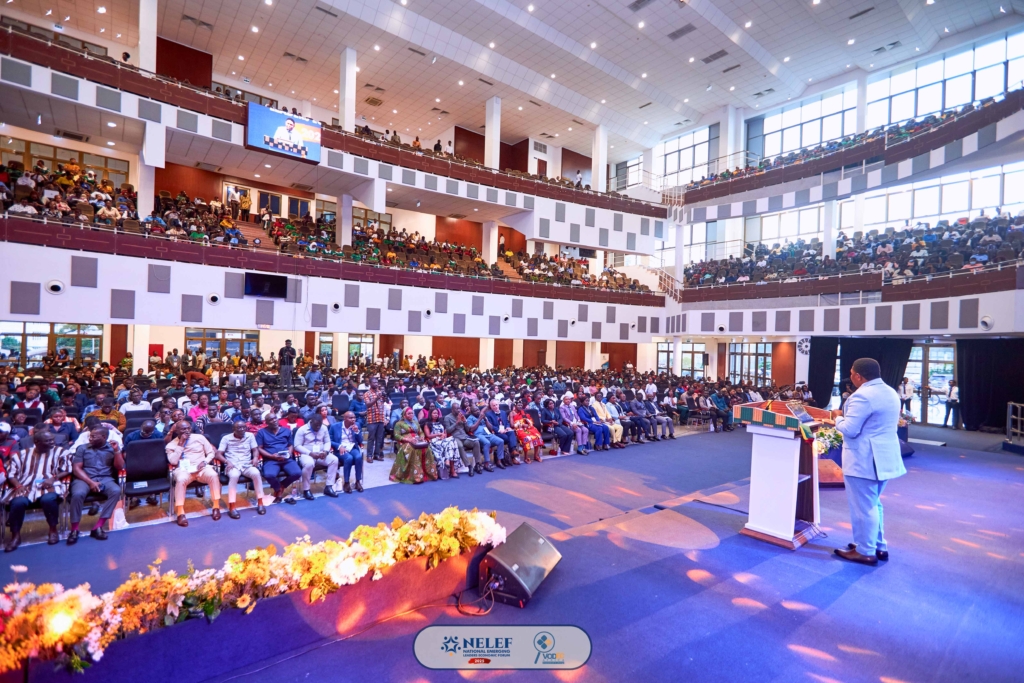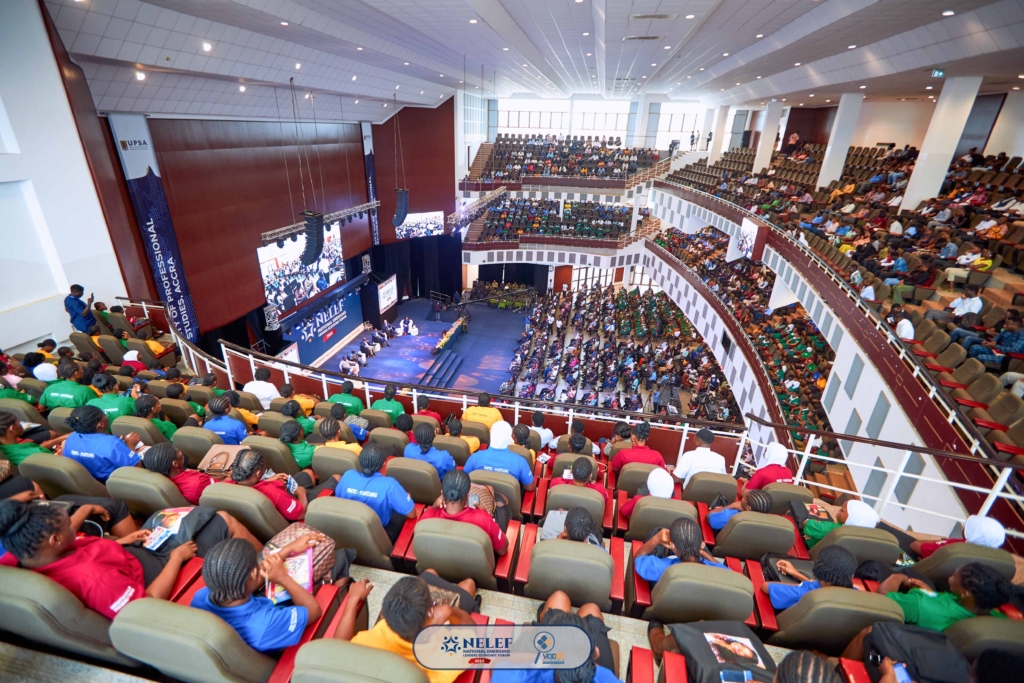Ghana’s housing crisis now a national security threat – VODEC Africa CEO warns

The growing housing crisis in Ghana has been described as a “national security threat” following alarming revelations at the 2025 National Emerging Leaders Economic Forum (NELEF).
Chief Executive Officer of VODEC Africa, Daniel Asomani, sounded the warning, stressing that even young professionals earning as much as GH¢5,000 a month can no longer afford modest accommodation in Accra.
A Looming Crisis for Ghana’s Youth
Mr. Asomani cautioned that the soaring cost of rent and the country’s widening housing deficit risk fueling corruption and social instability among the youth.
He noted that the inability of young people to secure affordable housing is creating a frustrated generation that may turn to unethical means of survival.

“The housing deficit in our cities, coupled with monopolistic tendencies in the private sector, has created a situation where a young person earning GH¢5,000 monthly cannot afford even modest accommodation in Accra,” he said.
“This is a national security threat that risks fueling corruption and fraud among our emerging youth population.”
A Collaborative Solution
The VODEC Africa CEO called for a national partnership between the government, the private sector, and traditional authorities to address the crisis through smart urban development.
He proposed the creation of affordable, well-planned housing communities supported by essential infrastructure such as good roads, water, electricity, and drainage systems.

“This is not just about building houses,” he said. “It’s about building sustainable communities that can support Ghana’s growing youth population and prevent social unrest.”
A Call for Urgent Action
Mr. Asomani urged policymakers to take decisive action to expand affordable housing, regulate the rental market, and create fairer access to accommodation.
He emphasized that without urgent intervention, the crisis could deepen, threatening the stability of the country.
“The housing situation is a ticking time bomb,” he warned. “If we don’t act now, the frustration of young Ghanaians could boil over into something far more dangerous. The time for talk is over — the time for action is now.”
DISCLAIMER: The Views, Comments, Opinions, Contributions and Statements made by Readers and Contributors on this platform do not necessarily represent the views or policy of Multimedia Group Limited.
DISCLAIMER: The Views, Comments, Opinions, Contributions and Statements made by Readers and Contributors on this platform do not necessarily represent the views or policy of Multimedia Group Limited.
Source link





